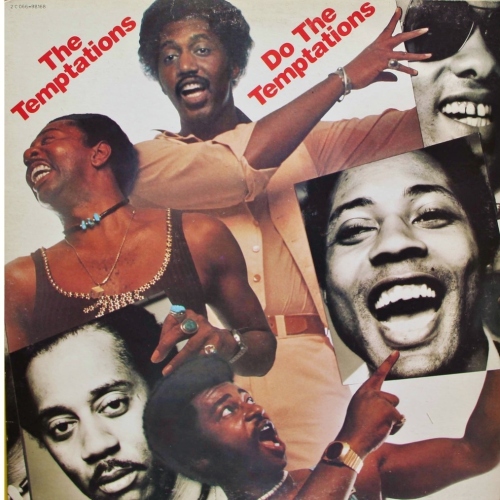:format(jpeg):mode_rgb():quality(90)/discogs-images/R-432348-1239799367.jpeg.jpg)
Officially, this was not ABC’s final album of the 1980’s. At the same time it did a lot to some up these survivors of the 1980’s. In many ways, the 80’s had a few different pop cultural periods. And when each one was over,it was over. There was new-wave/synth pop early on, then it evolved into a more dance/pop sound. And by decades end, it was getting into different house/DJ dance music variations. ABC had seen themselves through the first two of those movements very cleanly. Even surviving a bit of a near miss with their second (and underappreciated) 1983 sophomore album Beauty Stab.
ABC came back with vigor to spare on their follow up album How to Be a Zillionaire . And stayed on track from that point on. Even if (as the decade wore on) pop music was becoming less and less fashionable, especially with more adult listeners, ABC remained on a roll after this. Even as pop music listeners found other things to listen to. But creatively and commercially, they remained at their peak when their fourth album here. And it shows. Basically this album features songs that,both musically and lyrically are more balanced than anything since their debut The Lexicon Of Love.
Alphabet City is presented as something of a loose follow up to that debut- with bluish cover art and a movie poster like liner notes. And the songs here very much stick out as well oiled 80’s pop basically. And it brings in all their elements from the Motown inspired “When Smokey Sings”,with a similar rhythm to the Smokey/Steve Wonder track “Tears Of A Clown”, praising Smokey and (seemingly) Marvin Gaye as influences to the band. Excellent artists to be inspired by musically anyway. Especially for pop/soul oriented people.
“The Night You Murdered Love”, “Think Again,”Rage And Regret” and “Ark Angel” all have a more down to Earth pop/funk-dance sound without a lot of the heavy sound attack of the proceeding album. Rhythm and catchy melody are the key to these songs. “King Without A Crown”,”Rage And Regret” and “One Day” showcase a heavy contemporary (for 1987) sophistifunk. The album closes with one of it’s finest cuts “Minneapolis”. Needless to say,it’s totally a Jam-Lewis/SOS Band styled number musically,not dissimilar to what you might hear on a record such as Sands of Time.
To be honest. it’s kind of too bad Jam/Lewis didn’t produce ABC as they did Human League and Robert Palmer. Their style of polished, electronic sophistifunk would’ve been ideal for ABC’s stylized sound and probing melodies and lyrics. Over the years I’ve heard ABC’s singles and always been on the cusp of picking up a compilation of them. But being an album listener I had this feeling it might be the best way to deal with their particular musical bent. And it was an excellent choice too. ABC craft these wonderful little mini synth/pop/dance/funk symphonies,complete with strong arrangements and harmonies.
But they definitely carry that over into album length concepts as well. All of ABC’s first four albums are very strong musical affairs. Full of liveliness,energy and some extremely clear buts of writing. And to hear them all back to back..well at least on my end I know what I’ve been missing all this time. As my friend Henrique pointed out? The funk/soul music that 1987 produced balanced classic live and cutting edge electronic sounds in the audio equivalent of fine wine. On Alphabet City, ABC showcase how this musical ethic was strong and vital on both sides of the pond in its time.




